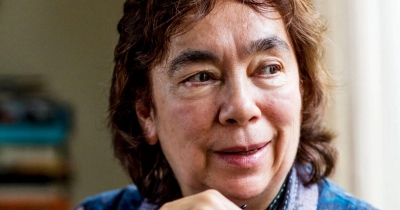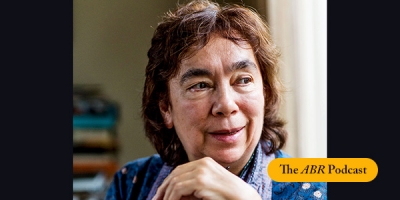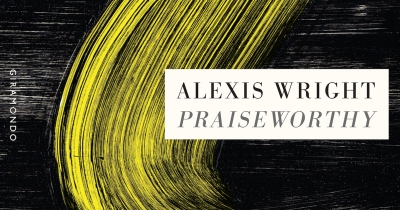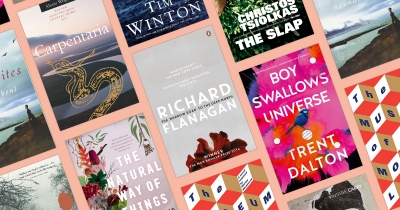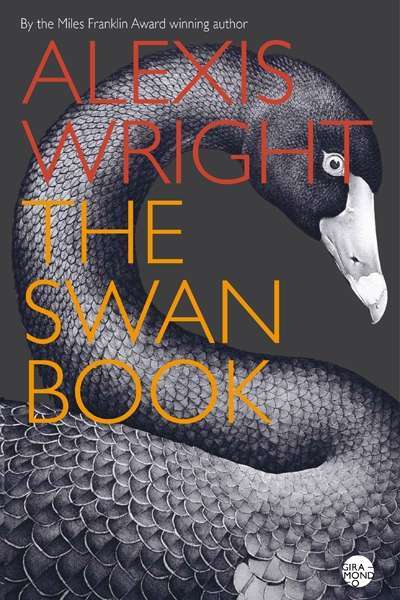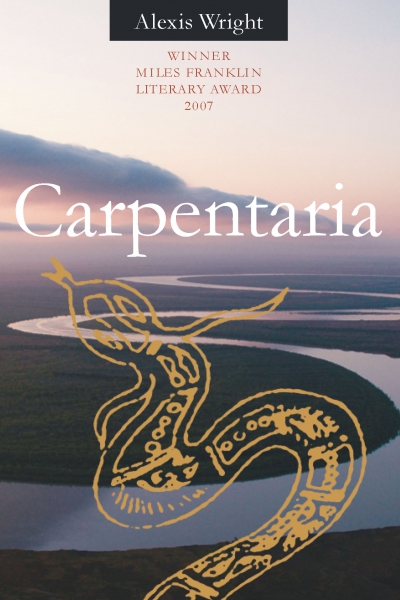Alexis Wright
I have often spoken of trying to write in some meaningful way about what it means to belong to all times in this place that we call our traditional homeland. Aboriginal people know that we have been here since time immemorial. We have never lost track of the wisdom and knowledge that generations of our ancestors had developed over thousands of years about the powerful nature of this country. It was their knowledge that ensured the survival of our culture to this day.
... (read more)In this week’s ABR Podcast, Tony Hughes-d’Aeth reviews Alexis Wright’s new novel, Praiseworthy. Expectations are high: after all, Wright is the only author to have won both the Miles Franklin Award and the Stella Prize.
... (read more)Ten years after the first ABR FAN Poll, the second one was limited to Australian novels published since 2000 (though we received votes for recent classics such as 1984, Voss, and Monkey Grip). When voting closed in mid-September, Richard Flanagan’s Booker Prize-winning novel The Narrow Road to the Deep North emerged ...
... (read more)
With this double issue, Australian Book Review enters its fortieth year. ABR was of course founded in Adelaide in 1961 as a monthly magazine. Max Harris and Rosemary Wighton edited the first series, whose final, quarterly appearances lapsed in 1974. The second series was created in 1978 under the auspices of ...
... (read more)

